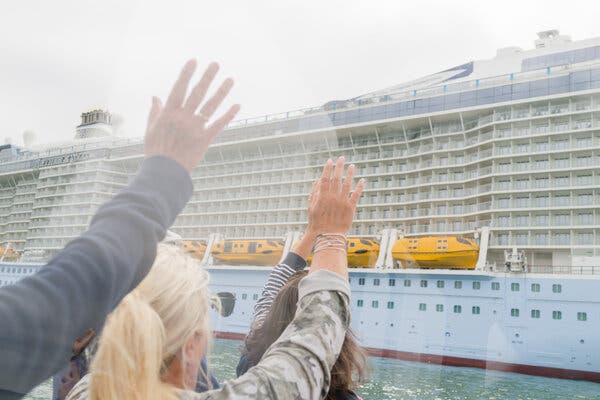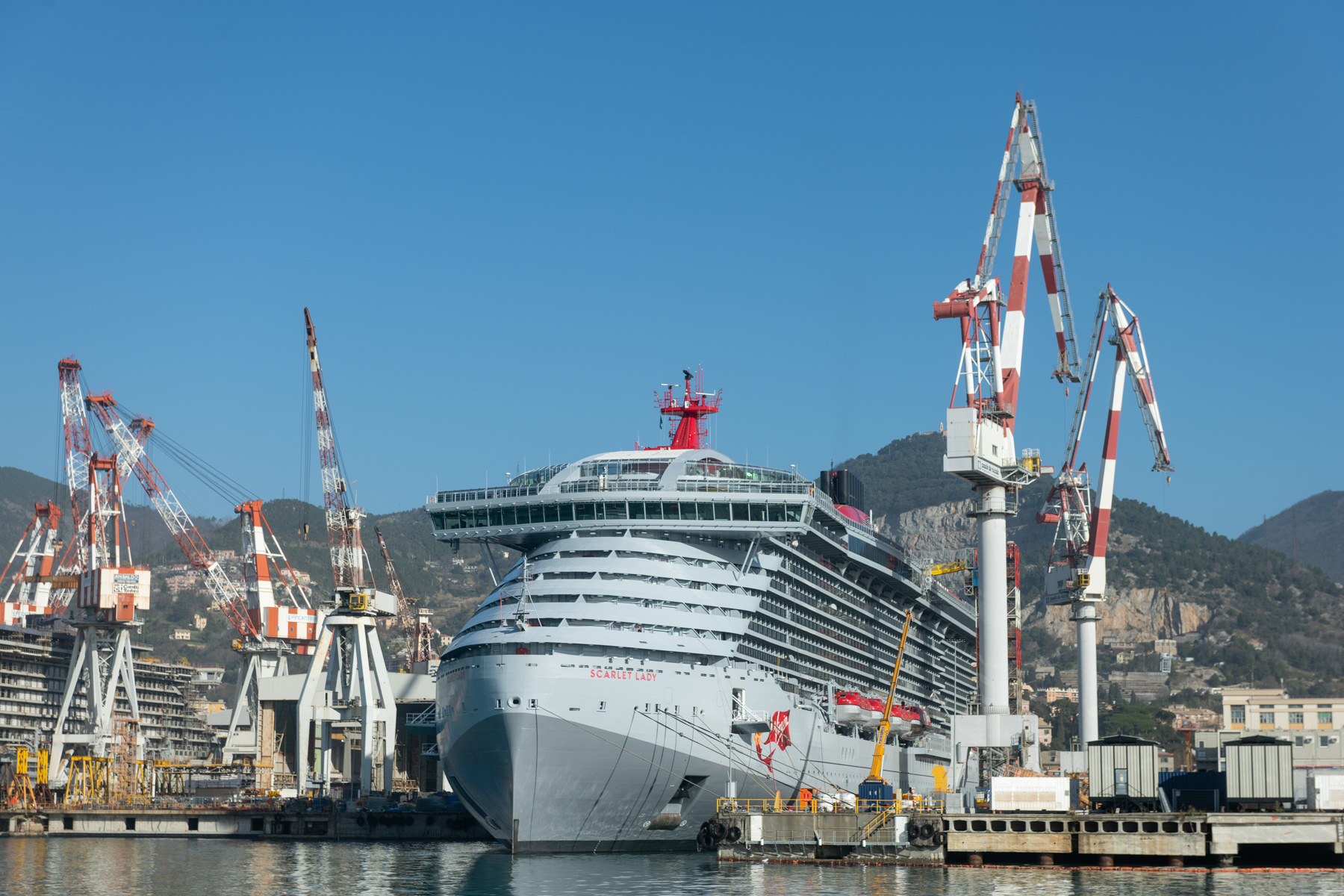
Security on cruise ships jobs involve protecting the ship and passengers from any potential threats. Although security is good, the environment can still pose risks. Unattended children is a common problem. However, there are also security screening processes that help to keep staff and passengers safe. The ship's security officers should also be vigilant for any outside threats.
Qualifications
While the qualifications to be a security guard on cruise ships may vary from one company to another, all require some experience in law enforcement, hotel security or military settings. Additionally, applicants must hold a valid license as a security guard from their state. Additional training is required by some companies. You can also get a college degree or post-secondary certificate on security and surveillance. Applicants must have good communication skills.
For security on cruise ships, you may need to have a good understanding of maritime law and maritime policy. Most training programs will be focused on safety and security of cruise passengers and crew. Security officers will also learn anti-terrorism protocols, firearms handling and navigation.
Salary
The cruise industry's highest-paid job is security. This job involves securing the ship's entryways, screening passengers and monitoring crew and guests for appropriate behavior. With experience in security, you can rise to the rank of Chief Security officer.

The salary for security on cruise ships varies, and is dependent on the position. The ship's Chief Security Officer oversees security aboard. He also has responsibility for establishing and maintaining a security policy as well as for ensuring that all security devices are in working order. This job is worth up to US$4500 per Month, depending on the experience and qualifications.
Duties
Security duties on cruise ship vessels are just like any other job. However, there is a common set of responsibilities that security officers must do to keep the ship secure. These include screening passengers, crew and luggage. This could include the use of metal detectors or thorough inspections of handbags and other baggage.
All security personnel on cruise ships need to be educated in maritime law, security techniques, and other related areas. To obtain certification in this field, most cruise lines require that their security personnel attend maritime training schools. These courses typically include maritime law, maritime security policies, and firearms handling. Training in computer systems and navigation is a common requirement for security officers.
Certifications
Several certifications have been issued for cruise ships' security and safety programs. Among the most important are those issued by the Lloyd's Register, one of the leading ship classification societies in London. These certificates acknowledge cruise lines for their extensive efforts to improve security programs. They also include Lloyd's Register independent audits which confirm that cruise ships meet or exceed the security standards required under international maritime codes. These standards include the Standards for Training, Certification, & Watchkeeping.
Certifications in cruise ship security cover a wide range of topics, including public safety and medical care. Public Safety Advisors, for example, can be certified by those responsible for emergency response and security. The Anti-Terrorism and Ship Security Awareness certifications are useful for those in charge of security. These certifications can be used by different companies and are available to anyone working in a maritime environment.

Off-duty hours
Depending on the job, hours off-duty for security aboard cruise ships can vary. The average dance instructor works five hours per day, but they can work as many as seven hours on sea days. The reception/guest services staff work between eight and twelve hour shifts. Bar staff can work up to sixteen hours. You may need to clean your cabins a few times per week. Other employees are also responsible for keeping the cabins orderly. Cleaning crews clean the rooms throughout the day.
The cruise line sets the rules for work hours and crew members must report their work hours each day. Overtime may be compensated on an hourly basis. Some cruise lines may require employees reporting their hours in advanced.
FAQ
Can I bring my pet with me?
Most cruise lines allow pets to travel on board. There are limitations. It is important that you ensure your pet is able to travel. You should not allow pets that are too sick to travel onboard. A second rule is that service dogs cannot be brought on board. Service dogs can be trained to help disabled persons. Finally, it is not permissible to bring any kind of dangerous animal onto board.
How do you choose the right cruise ship?
It's easy to pick the right cruise ship. First, choose the type of cruise that you wish to take. You may want to take a small, intimate cruise with only a few people or if you prefer a larger cruise with lots of passengers. You should also consider how much money your budget allows you to spend. If you are looking to save money, consider cruises that offer all-inclusive packages. This means that you will not have to worry about paying extra for food, drinks, entertainment, etc. If you are considering a family cruise, ensure the lines you choose have great programs for children.
How long does the journey to port take?
It depends on many factors such as the distance between the port & the ship and the speed at which it travels. Some ships dock close to shore to allow them to quickly unload passengers. Other ships dock farther away from land so it takes longer time for the ship arrive.
Statistics
- *20% Gratuities Apply on Free Unlimited Open Bar; Free Specialty Dining. (ncl.com)
- If you're traveling alone, you may also need to factor in a single supplement, adding up to as much as 100% of the cruise fare. (travel.usnews.com)
- You can save 15% off the total price if you book in advance of your trip. (travel.usnews.com)
- You'll need to budget around $80 per person per day for this option – and an additional 18% gratuity. (travel.usnews.com)
External Links
How To
How to avoid seasickness while on cruise
You can avoid seasickness by wearing a cap while on cruise. A wide-brimmed hat helps prevent motion sickness by keeping the head from moving too much.
A hat can also keep water off the head, decreasing the amount of moisture in the air. This allows people who are prone to dizziness from inhaling moist air to breathe more easily.
Another tip is that you should drink lots of fluids. Avoid alcohol or caffeine. These drinks dehydrate the body causing more fluid to move around in the stomach. Salt levels can be decreased by drinking enough liquids. Salt can cause the body to retain water, leading to nausea.
Salty foods can help if you feel nauseated. Salty foods make the stomach produce more hydrochloric Acid, which is helpful in breaking down food particles.
There are medication options available to help seasickness. Be aware that some medications may have side effects such as drowsiness, dry mouth, constipation, blurred vision, and headaches.